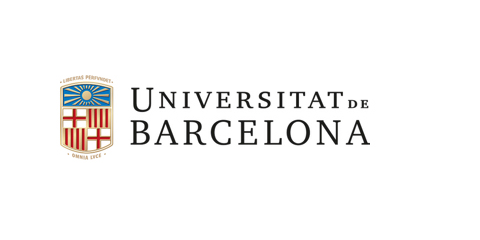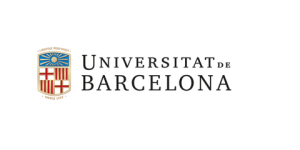Postdoctoral Researcher in Post-Growth Policymaking

We are looking for an outstanding postdoctoral researcher in ecological economics or a related field to work on an exciting European research project entitled “Measuring what matters: Improving usability and accessibility of policy frameworks and indicators for multidimensional well-being through collaboration” (MERGE). This is a 2-year position with an expected start date of September/October 2024.
The motivation for this research is the observation that GDP growth is no longer improving people’s lives in wealthy nations, and yet it is contributing to a worsening ecological crisis. A new economic paradigm is needed.
The position: In collaboration with a team of modellers, this position will contribute to the development of a novel ecological macroeconomic model designed to explore post-growth policy packages. The model will go beyond GDP, to include a wide range of indicators of human well-being and environmental sustainability (such as those in the “Doughnut” of social and planetary boundaries).
The candidate will engage with European policymakers (i.e. with a co-creative workshop) to identify their modelling needs and barriers to the uptake of post-growth models. We are particularly interested in understanding what makes policymakers use the particular models they do. For instance, is it a case of institutional lock-in, technical issues, political issues, or perceived legitimacy of different modelling approaches?
The researcher will then apply methods such as semi-structured interviews and multi-criteria analysis to evaluate the potential of different post-growth modelling approaches to meet the needs of policymakers and model indicators and policies that are relevant for a post-growth economy.
This information will feed into the development of an ecological macroeconomic model, which will be used to assess different policy packages aimed at achieving a sustainable economy. Building on this work, the candidate will produce a high-profile policy brief showcasing how modelling indicators that go beyond GDP can lead to very different policy priorities.
In addition, the successful candidate may also contribute to research mapping policy proposals from different visions, with a focus on alternatives to growth-oriented proposals such as degrowth. They will investigate the barriers that might hinder the adoption of post-growth policies, and explore pathways to increase the feasibility of post-growth policies.
Essential — The successful candidate will have:
- A PhD in an area such as ecological economics, sustainability science, political science, sociology, natural/social sciences, or a related field. Completion of a PhD by the start date of the contract is a requirement for the position.
- A track record of relevant research publications in internationally recognised journals
- Expertise in qualitative research methods (e.g. semi-structured interviews, co-creative workshops, Q methodology, focus groups, etc.)
- Knowledge of post-growth research topics (in particular, indicators and policies for a post-growth economy)
- An interest in ecological macroeconomic models
- An interest in working with policymakers to ensure knowledge exchange and research impact
- Motivation and initiative to work both independently and as part of an interdisciplinary team
- Excellent verbal and written communications skills
- Excellent organisational and time management skills
- Fluency in English
Desirable — The successful candidate may have:
- Expertise in quantitative research methods (e.g. multi-criteria analysis, surveys, system dynamics)
- Experience with policymaking and knowledge exchange
- Experience in facilitation techniques
- Knowledge of additional topics such as public policy, transformation studies, political ecology, human well-being, gender studies, provisioning systems, the policy cycle, or the Doughnut of social and planetary boundaries
- Proficiency in Spanish and/or Catalan, or any other European languages
The position will be based in the Faculty of Economics, at the University of Barcelona (Spain), under the supervision of Dr Federico Demaria and Dr Daniel O’Neill.
How to apply: Please submit your CV and a motivation letter (max 2 pages) to Dr Federico Demaria and Dr Daniel O’Neill at ecoeco.recruitment@gmail.com by 7 April 2024, 23:59 CET. The subject of your email should be: “Application for Postdoc in Post-Growth Policymaking”.
Within your motivation letter, please indicate how your skills and experience match the essential/desirable specifications listed above, and discuss how you would explore (i) the modelling needs of European policymakers, (ii) barriers to the uptake of post-growth models/policies, and (iii) ways that these barriers could be overcome.
Please ask two referees to submit reference letters for you to ecoeco.reference@gmail.com by 7 April 2024, 23:59 CET. The subject of their emails should be: “Reference for YOUR NAME”.
Deadline to apply: Sunday, 7 April 2024, 23:59 CET
Start date of position: September/October 2024
Salary: €36,250 per year
Online interviews are expected to be held 23–26 April 2024.
The successful candidate will join one of the top groups of post-growth researchers in the world. We work closely as a team, and the successful candidate is expected to live and work in the Barcelona area. Barcelona is a dynamic city on the Mediterranean, with a very high quality of life. The University of Barcelona is generally regarded as the top university in Spain, and one of the best in Europe.
We are committed to advancing the careers of junior women researchers, and researchers from under-represented backgrounds, who are encouraged to apply.


